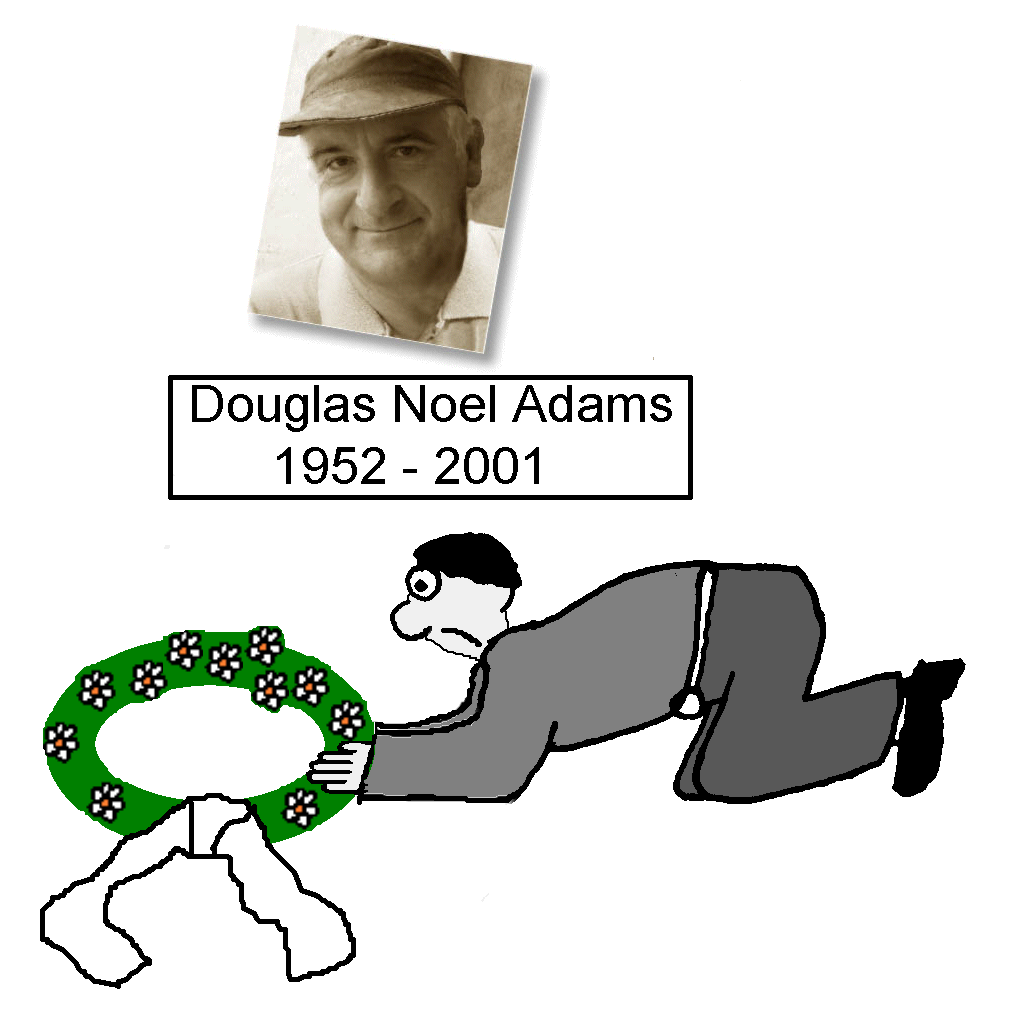

|
Far out in the uncharted backwaters of the unfashionable end of the western spiral arm of the Galaxy lies a small unregarded yellow sun. Orbiting this at a distance of roughly ninety-two million miles is an utterly insignificant little blue green planet whose ape-descended life forms are so amazingly primitive that they still think digital watches are a pretty neat idea. This planet has -or rather had- a problem, which was this: most of the people on it were unhappy for pretty much of the time. Many solutions were suggested for this problem, but most of these were largely concerned with the movements of small green pieces of paper, which is odd because on the whole it wasn't the small green pieces of paper that were unhappy. And so the problem remained; lots of the people were mean and most of them were miserable, even the ones with digital watches. Many were increasingly of the opinion that they'd all made a big mistake in coming down from the trees in the first place. And some said that even the trees had been a bad move, and that no one should ever have left the oceans. And then, one Thursday, nearly two thousand years after one man had been nailed to a tree for saying how great it would be to be nice to people for a change, one girl sitting on her own in a small cafe in Rickmansworth suddenly realized what it was that had been going wrong all this time, and she finally knew how the world could be made a good and happy place. This time it was right, it would work, and no one would have to get nailed to anything. Sadly, however, before she could get to a phone to tell anyone about it, a terribly stupid catastrophe occured, and the idea was lost forever.
Douglas Adams, "The Hitchhiker's Guide to the Galaxy"
|
Among all book authors which I have ever read, Douglas Noel Adams has earned a special place of honor in the list. He wrote quite a few humourous stories with many unique twists and ideas. Unfortunately, this great book author died far too early after only 49 years. I consider his sudden and unexpected death a terribly stupid catastrophe and another one of god's greatest mistakes.
Douglas Adam's books are funny, without doubt. But they also have a strong humanistic touch in them. His science-fiction novels are a parody of human society and invent countless useful things like the "somebody else's problem field", the "Vogon constructor fleets" or the "electric monk". Don't ask where you can buy all these useful things, probably you have them already! One other book, "Last chance to see" is even more serious, Douglas travels to some of the most endangered animals in the world. This documentary is also enhanced with DNA's twisted humour and many philosophical remarks. Adams has the rare talent to turn even serious problems against themselves in his books like a judoka, making them look ridiculous. He also has the gift of capturing the heart of the reader like no other book author which I have ever enjoyed.
Why this phenomenal success? Douglas Adams has had quite a number of special traits which distinguish him from many other authors, even very good ones. He was a perfectly normal guy who served as a college student, a bodyguard, a comedian, a computer game author and finally as a story writer. He said one day when he was completely drunk he thought about his "Hitchhiker's guide to Europe" and how wonderful it would be if there would be something like a Hitchhiker's guide to the Galaxy! This novel has finally become his most popular work.
But again, Adams mind demonstrated how unique it was by not being able to be confined to such a single theme. Other book authors (and also other people) tend to surf on their own initial good idea, sucking more and more stories with more and more inferiour quality from it until the whole thing flattens out into nothing. In fact, one of these authors, Terry Pratchett who is sometimes falsely entitled as the Douglas Adams of fantasy, has even made a joke about this in one of his books, "Soul Music".
But after his second Hitchhiker's book DNA got more and more problems maintaining his sense of humour. He suffered from severe writer's blocks and became notorious for missing deadlines. One of my favorite characters was the guy in book three who was unable to focus his minds on a single problem. After completing four books, Douglas Adams declared that he won't be able to write any more Hitchhikers and it took many, many years until he was able to overcome this block and start the work on the fifth book. In the meantime, he wrote a few detective stories and his book about rare animals. While this was definitely not a good idea in the commercial sense, it demonstrated how special Douglas Adams way of thinking was.
Douglas Noel Adams published only about a dozen of novels and he died early and completely unexpected during his training like a flame which has burning too brightly in the past. I am sad that I have never met him personally. In honor of him and his humour in a completely insane world I have choosen the nickname Marvin in the Internet - only one of many manically depressed robots in this world. After spending a long time with endangered species and the reasons why they are endangered, I think I earn this name wholeheartedly. A page about rare species and bureaucracy may follow in the near future...
So long, and thanks for all the fish, Douglas Adams. We will all miss you!
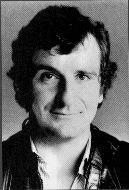
Douglas Adams is for books what Elvis is for music. His most common books are the five books of the "Hitchhiker's Guide to the Galaxy" series, a science fiction novel with a lot of humour and ironic comments within them. Another excellent book is "Last chance to see", a visit to some endangered animals in different countries. Since I am very aligned to species conservation, this book has probably had the greatest impact on my own person. Douglas has also written a few unusual detective stories and various short stories.
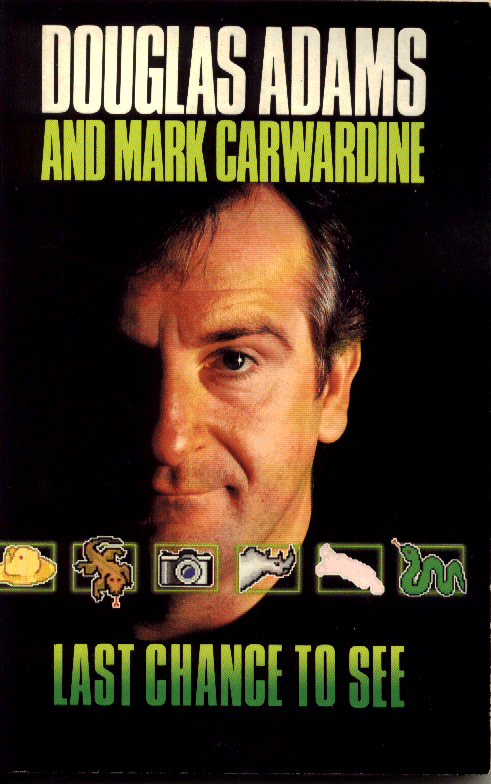

Terry Pratchett has written even more sarcastic books. However, while he is more productive than Douglas Adams has been, he does not quite reach his level of creativity and his books may become a little boring if you read to many of them. Many of them are fantasy books which are playing in the "Discworld", a flat world full of bizarre people. The description of the Unseen Wizard University alone is a good reason to buy these books and laugh heartily, especially if you have ever spent some time at a college. For die-hard Terry Pratchett fans there is a
Discworld MUD (Multi-user dungeon) available.

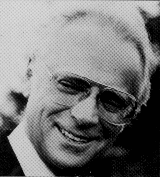
Ephraim Kishon has written an endless stream of short stories. While I disagree with some of his political opinions which may sound a little too extreme (he is a child of the war), his stories about life, universe and the whole rest are very funny. I recommend in particular his two books about the madness that some persons call modern art. Unfortunately I don't know if "Picasso's süße Rache" (Picasso's sweet revenge) has ever been published in English.
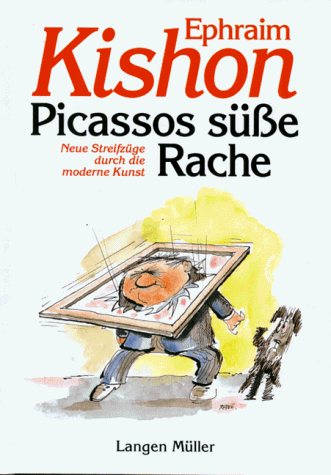
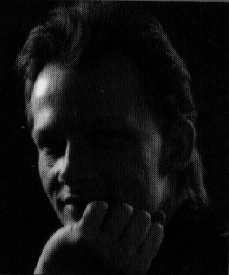
Bernhard Kegel has written one of the best books which I've read: "Wenzel's Pilz" (Wenzel's mushroom) - a sarcastic scenario of a terrifying near future! In a world where gene technology is common, a world of chocolate beetles, cold-resistant trees and artificial strawberry cake, a strange phenomenon worries the scientists... A manipulated mushroom that kills the trees... Fortunately,
we have gene-technology to fix such problems... Wenzel's Pilz is available in German from Piper/Munich, don't know if there are any English versions...
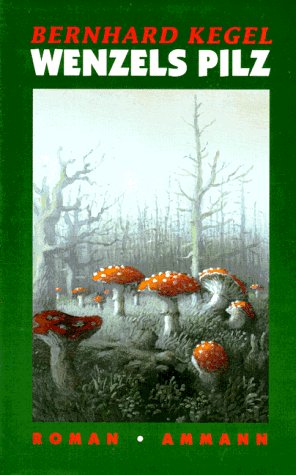
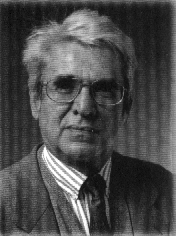
Herbert Rosendorfer is a master of black humour. Perhaps this is what you get if you spend your life as a judge in courts. My favorite novels are "Briefe in die chinesische Vergangenheit" (Letters to the chinese past) and the sequel "Die große Umwendung" (The great change). A chinese mandarin from the distant past comes to Germany and studies the life and politics of Germany. Very funny, but sometimes a little depressing. Even more sinister is "Die goldenen Heiligen" (The golden saints), a science fiction story about colonialisation. Somewhat like "Independence Day" but guaranteed to be without an unrealistic happy end.
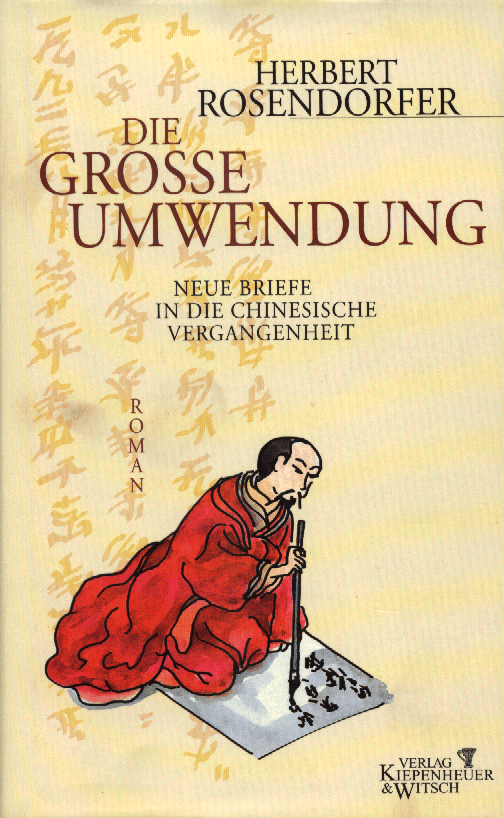
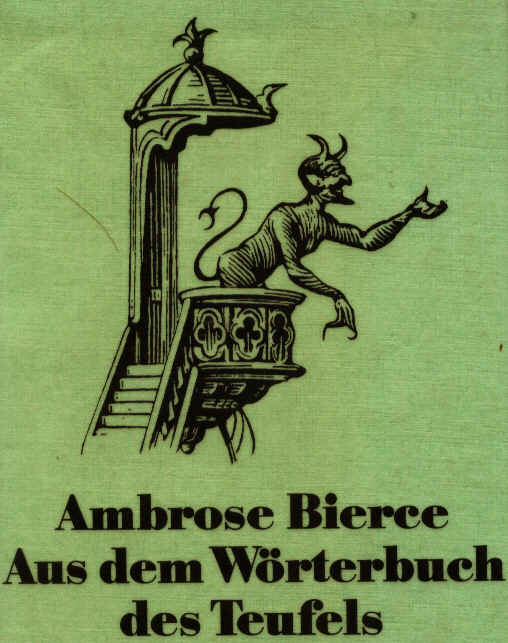
Ambrose Bierce has gathered in long work for an american newspaper the definitions for "The Devil's Dictionary". Although still one century old, these explainations of human values and hypocrisies are still up to date.
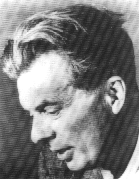
Aldous Huxley is famous for his classic "Brave new world" about the society in the future. I consider this book one of the best books in the world. In this society, technology and cloning are respected, nature and individual freedom are obsolete. It lacks the oppressing atmosphere of George Orwell's 1984, instead of fear and control the mankind has exchanged freedom for sex and drugs. It is a perfect self-maintaining system with little need for intervention from the government. "Islands" is another book from him which cannot be more different, it is Huxley's view of a perfect society which has been inspired by the buddhistic religion. Great!
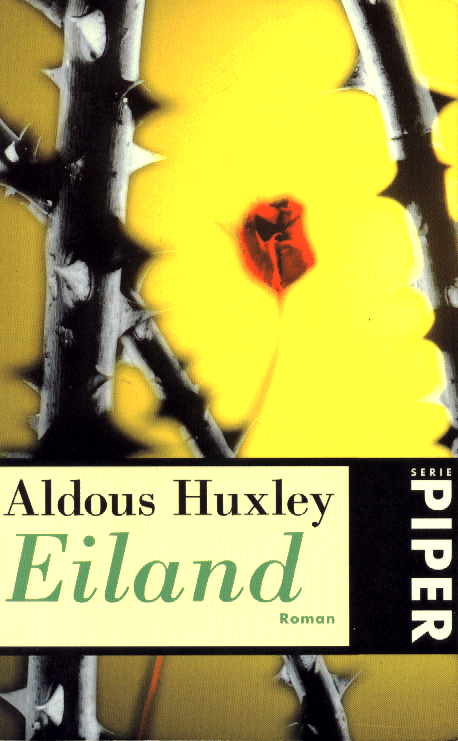
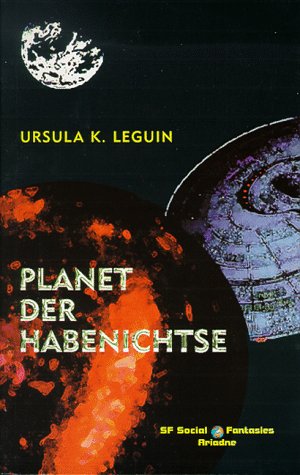
Ursula LeGuin has written one book which is remembered by me: "The dispossessed". It is a science-fiction novel about a twin planet. The desert planet Anarres is populated by a small group of settlers who have established a peaceful, anarchistic and communistic society to survive. Shevek, a great scientist, is invited to the capitalistic planet Urras to reveal his knowledge to them. But later they find out that they get far more from him than they have paid for. Awesome!
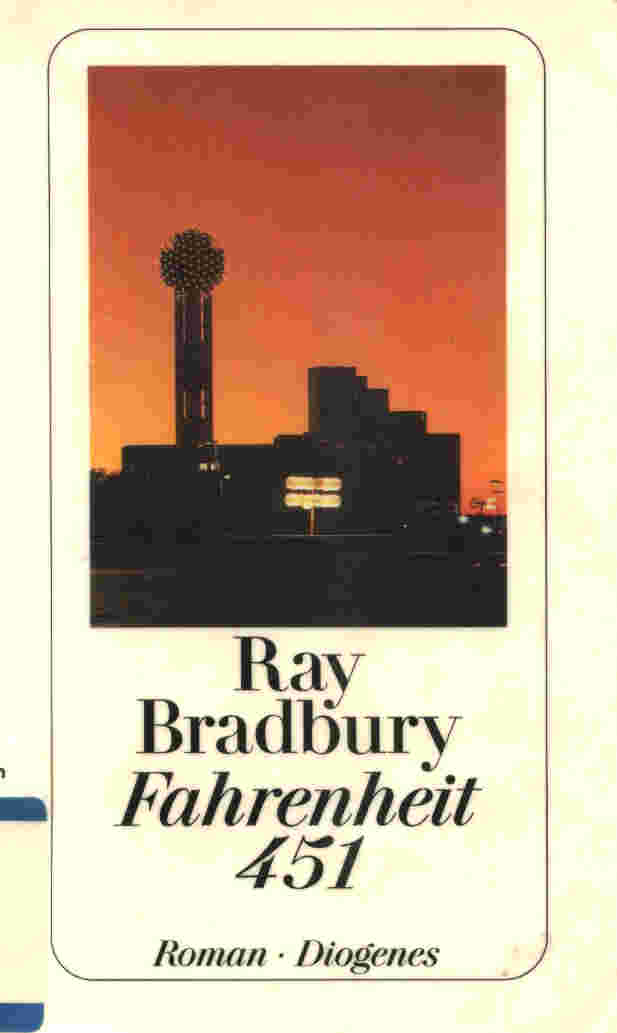
Ray Bradbury is famous for another classic. "Fahrenheit 451" is a book about a special force of fire fighters which burns books to maintain the educational level of the citizens. The fireman Guy Montag gets problems with his conscience, however. Chased by the terrific mechanical killer dogs of the fire fighters, he flees to join the resistance. This book has also been converted to a movie and the author has written a sequel to the story as a computer game.
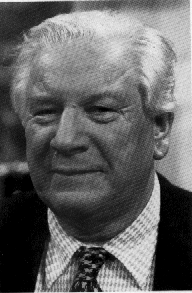
Peter Ustinov Another author who has written several books, but only one comes to my mind here: "Der alte Mann und Mr.Smith (The old man and Mr.Smith) is another parody. God and the devil come to the earth to see what has evolved from their creation. Funny!
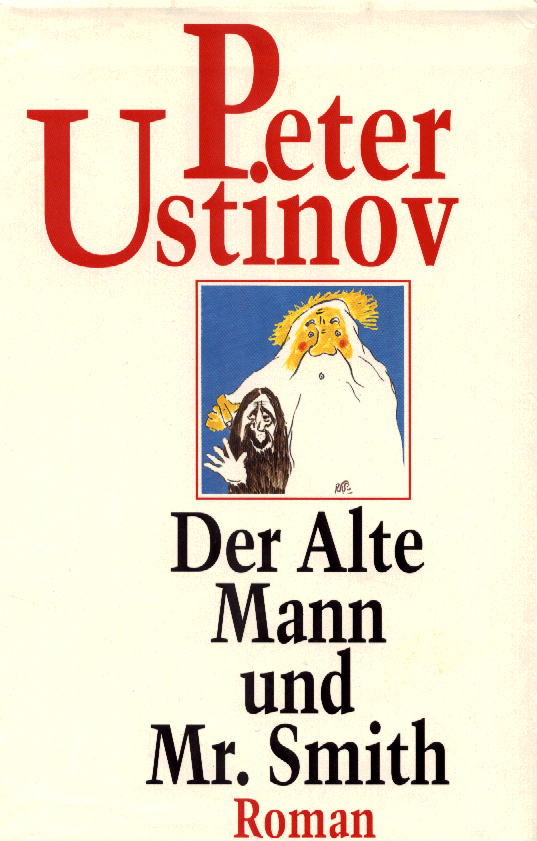
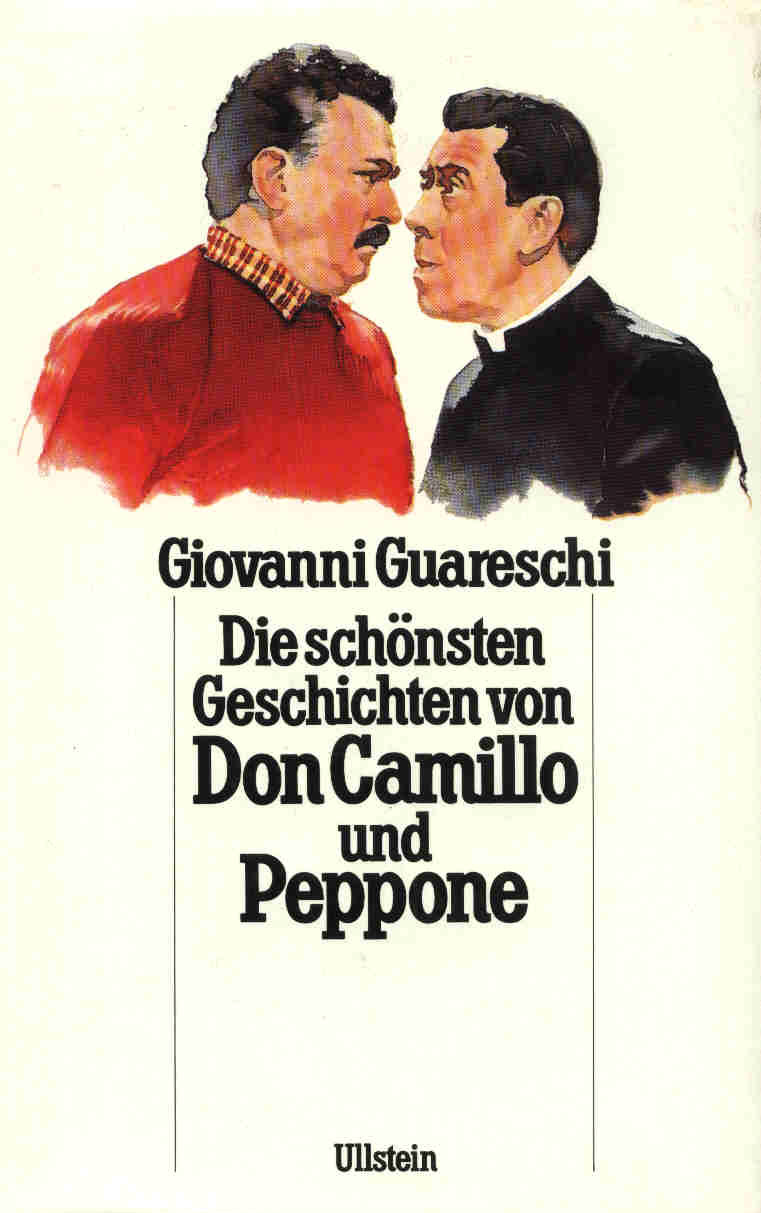
Giovanni Guareschi is one of my favorite religious authors and his books about the courageous priest Don Camillo and the communistic mayor Peppone are also very well known due to the wonderful TV series with Fernandel. Guareschi preaches something which I would call a millitant, but very humanistic pacifism and his books are full of wisdom and humor. Excellent.
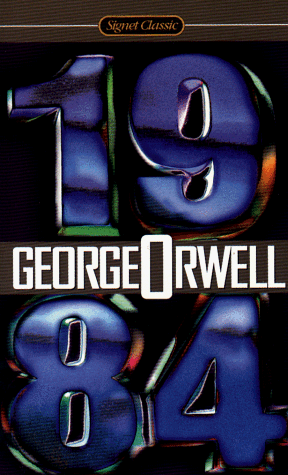
George Orwell Finally, I have decided to add his book "1984"to the list which has not really been one of my favorites. The society of the "Brave new world" was more realistic for me in the last years. But with the recent terror acts in the USA and the big bullshit which the politicians plan, I think everybody should also read this book about a society which is based on fear, lies and total control. Big Brother is watching you...

In the course of the "Crusade against terrorism" I have already read several real-political books which describe what can be done and is already done from Orwell's and Huxley's scenarios. Partially it is already frighteningly much. In the Orwell country Great Britain have been in the year 2000 already 120 cities supervised by video. "The end of privacy" by Reg Whitaker is one of the best books about this subject, even despite it has been written before the 9.11. and things have become much worse in the meantime. I do not see any difference in one big brother or several small brothers watching every move of myself and Taliban and radical moslems will not be able to force me more to disguise myself than overeager policemen and omnipresent video cameras already do...
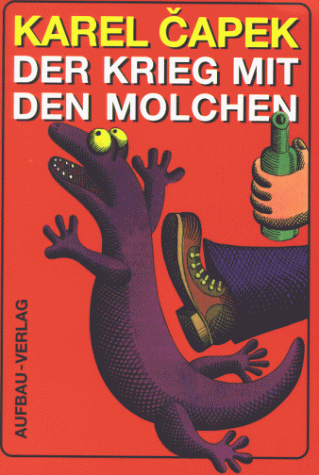
Karel Capek has written "The war with the newts" besides other books. In this Anti-Utopia story a new intelligent amphibium, the Andrias scheuchzeri is discovered and the society begins to study them, vivisects them, exploits them, accuses them of rapes and crimes and deems them generally as unworthy. But the newts learn very fast, begin to arm theirself secretively in their aquatic biotope and take over the world government under the leadership of a dogmatic renegade human. A very weird story where the author lets the final ending open. The attention-hungry brain scientists and torturers get what they deserve in this story, too. In my opinion everyone takes this criminals and technocrats without any conscience far too seriously.
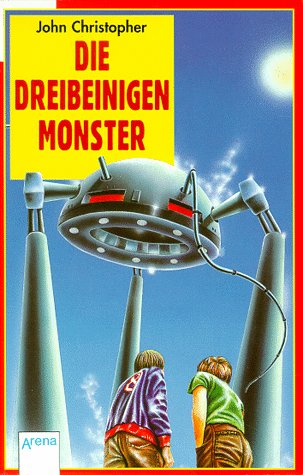
John Christopher's "The Tripod Trilogy"is a book for younger readers and a good pleading against too much technocracy and control mania. Alien beings with their tripod vehicles have degraded mankind to their pets, implant circuitry into their brains to keep them controlled and implant radio chips under their skin to supervise their locations (no science fiction but already cruel reality for animals). A group of young men painfully cuts the supervisal chips out of their flesh and then departs on an adventurous journey to the far White Mountains where still a small group of rebels live who are truly free.
A good book, but with an unrealistic end. The humans act as an united group, not as the brainless, egoistic herd of sheep which they really are. They are successful in the infiltration and destruction of the alien cities in the USA, Europe and Japan (even despite of the fact that the Yankees initially screwed everything up again). Herbert Rosendorfers "Golden Saints" have a much more realistic story and show the humans as they really are.
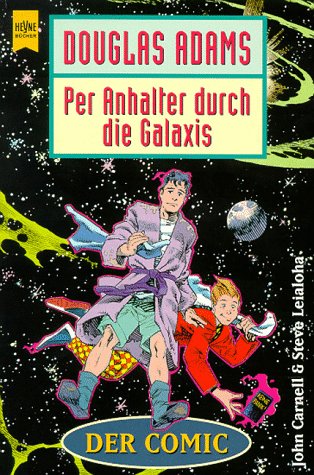
The official comic of "The Hitchhiker's Guide to the Galaxy"" by John Carnell. Not bad if you have adapted yourself to the Marvel drawing style. But I am biased anyway! :-)
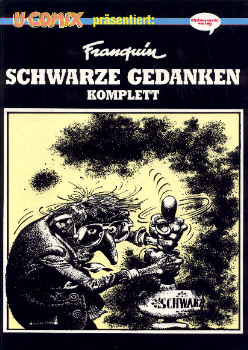
"Schwarze Gedanken" (Black thoughts) by André Franquin is a comic which I can recommend for relaxation and recreation purposes. A collection of interesting one-pagers.
Farid Boudjellal has drawn two comics about the subject social acceptance: "Jude - Araber" (Jew - Arab) and "Fanatiker" (Fanatics). He says this funny cartoons are drawn for normal people who are still be able to laugh about themselves, unfortunately fanatics will never be able to do that.

Miguel Prado is an artist with an unusual painting technique about the subject "Der tägliche Wahn"(Daily madness). Recommended for people who still believe that reason determines human thinking is the comic "Chronik der Unlogik"(Chronicles of unlogic).
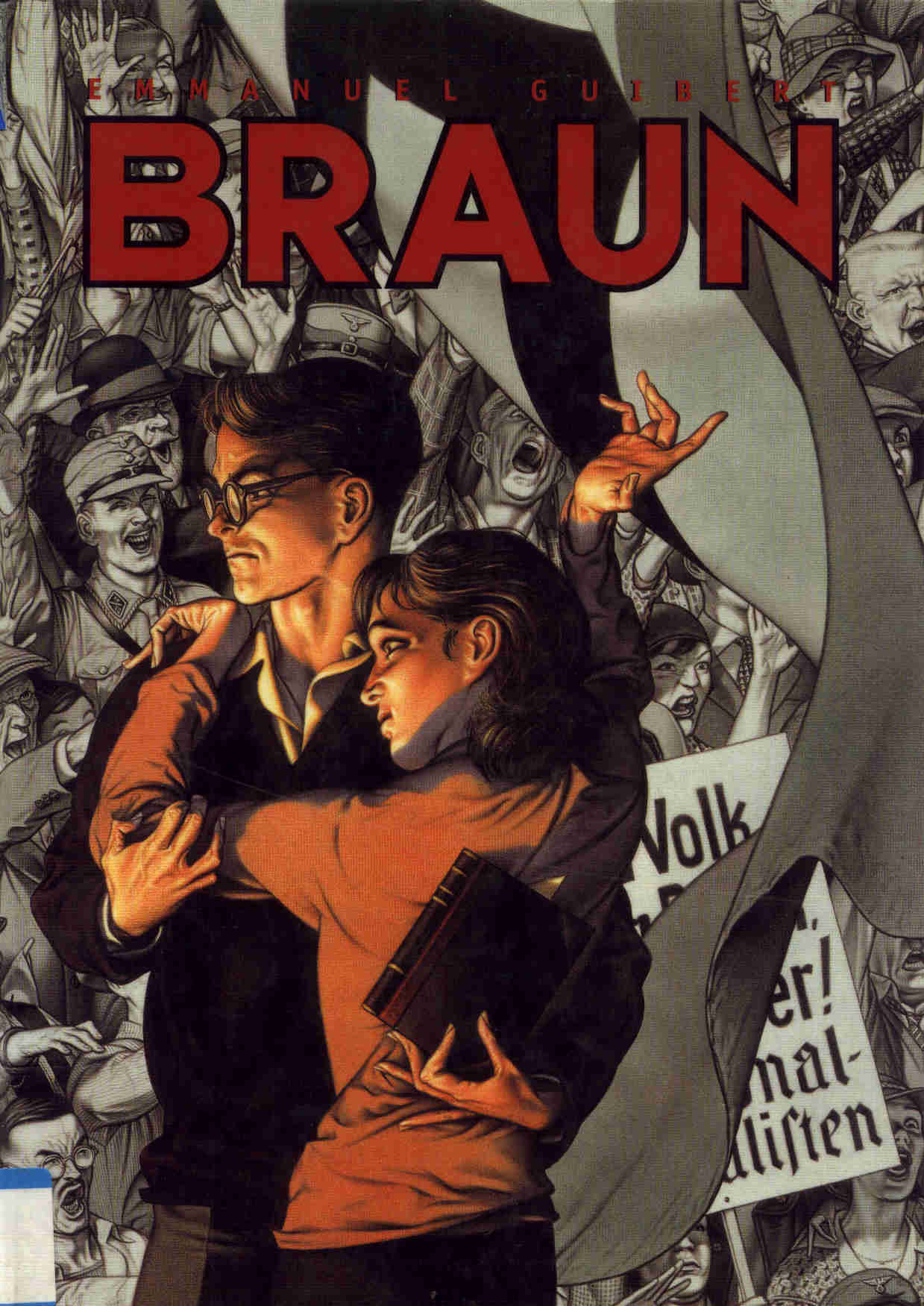
Braun (Brown) by Emmanuel Guibert - A comic about Hitler's takeover of might. Average and a little esoteric, but well drawn. Shows well how Hitler and Goebbels charmed the people with the help of technology, I am so glad that this is not longer possible today! ;-)
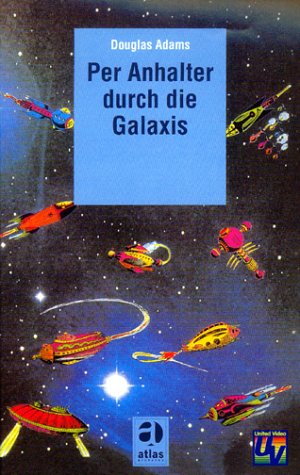
Of course there is a movie version of the book of the books, too. It was created several years ago for the British BBC. DA was not too happy with this version, but I think it is not so bad. Technically spoken it may be outdated, but least it maintains the spirit of the story very well. I am not sure if future Disney versions will do the same, especially since DA cannot supervise the quality by himself anymore.
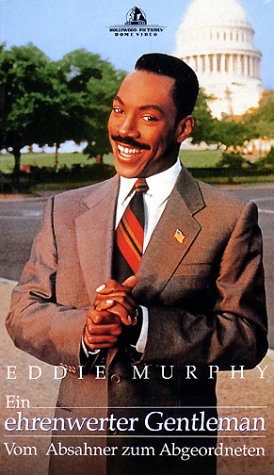
"A distinguished gentleman" My favorite movie with Eddie Murphy, realistic and intelligent. Eddie slimes himself from a small thief to an US senator and makes connections with mighty guys from the energy lobby. But then his conscience awakens. A very educational movie how corrupt politicians can systematically be removed. :-)
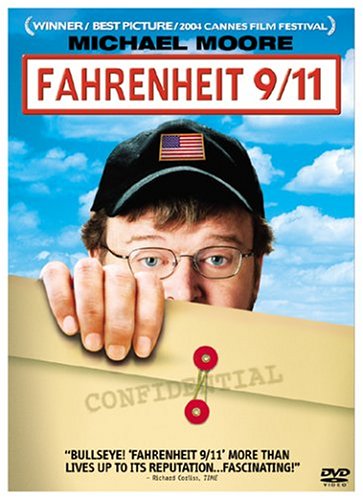
"Fahrenheit 9/11" by Michael Moore is the cult movie about the subject american paranoia and gives some little-known facts about George W. Bushs Middle East politics.

"Brazil" Bugs in typewriters, terroristic heating maintenance men, complicated beauty operations, forms, more forms and a small employee who desires to fly away from everything in his dreams. Terry Gilliam has created with this movie an unique synthesis of Kafka paranoia and the typical British humor. A remarkable movie.
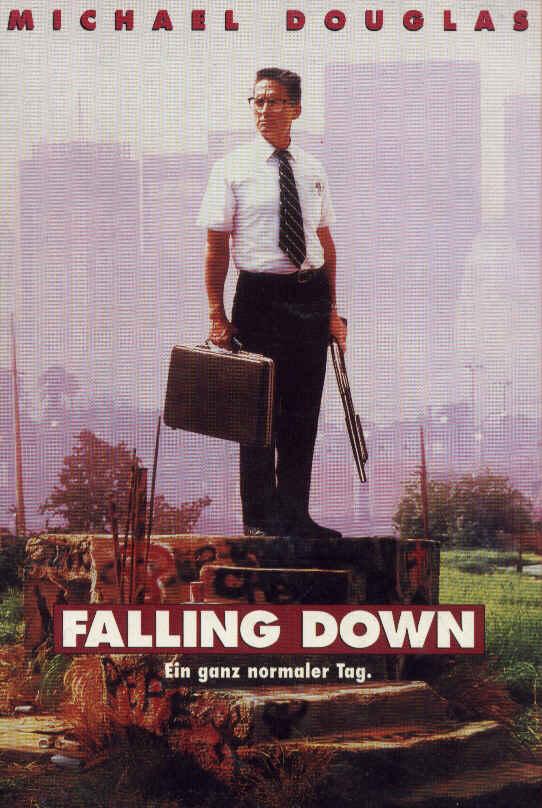
"Falling Down" An absolutely normal day. D-Fens (Michael Douglas) takes a free day to visit his daughter who lives seperated from him. On his way D-Fens stops the hidden inflation, makes with direct arguments the streets safe again, makes sure that even five minutes after closing time the custumer is treated like a king, prevents the officials from creating unneccessary construction sites and turns phillistine golf courses into playgrounds for children. Of course such an endeavour calls for an antagonist. Colonel Pendergast from the local police thinks that so many good deeds are a little too much and dedicates the last day before quitting his job to the task of keeping the troublemaker to a little more law and order. Finally the emotional family reunion and a very realistic happy end. Very educational, a movie for the whole family!
|
"So, who is the arch-druid here? Make a connection with Che Guevera, I want to speak with a reasonable man now!" First they did not even know who I am referring to, but then they concentrated and finally I heard a crackle in the line, followed by Che Guevera's voice "What do you want from me?" I told him my name and what I what I had done and that I needed some advice. And the voice asked a little annoyed what this should mean and if I had never heard something of organized class warfare? I said No, I have not. The voice was silent for a while and then in a much more friendly and encouraging way it spoke: "Then it will be very difficult to help me, I am sick and I should visit a psychoanalyst soon! Totally depressed I returned...
From the Song "Der Tankerkönig" (The tanker king) by Hannes Wader
|
